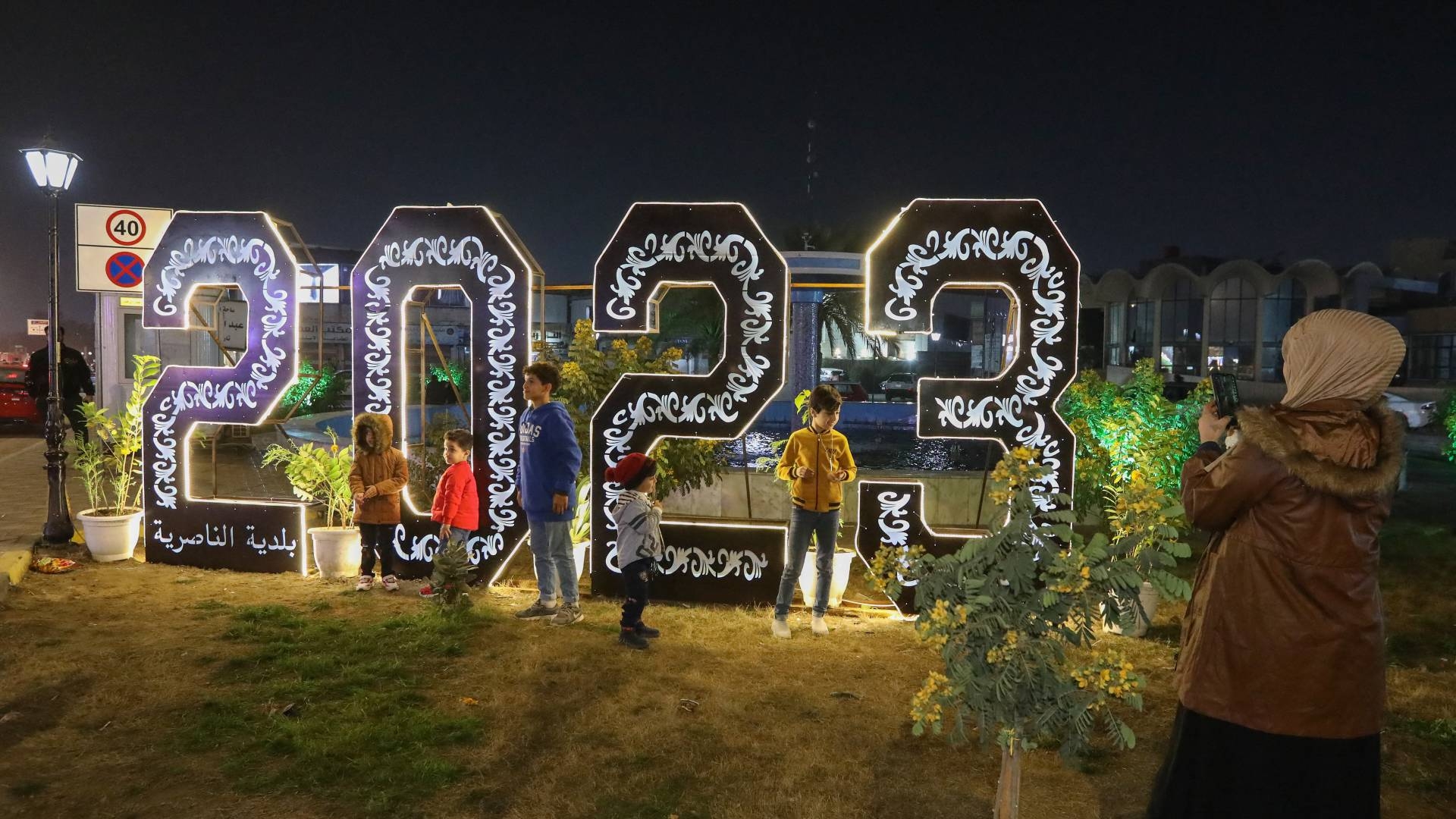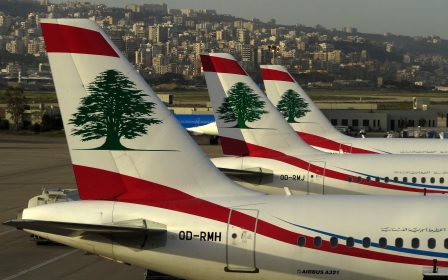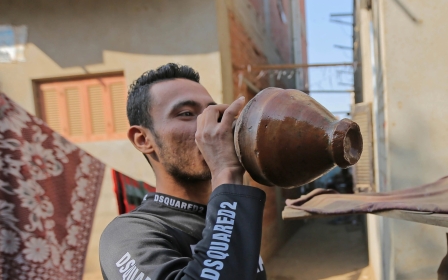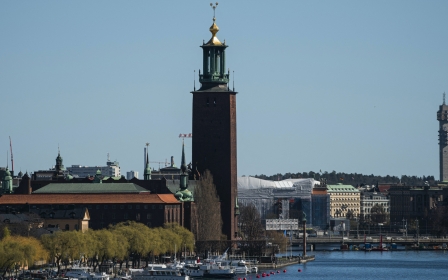Iraq: New Year's fireworks and celebratory gunfire injure 150 people

At least 150 people were injured from fireworks and celebratory stray bullets during New Year's Eve in Iraq's capital Baghdad, the Ministry of Health said on Sunday.
Saif al-Badr, a spokesperson for the ministry, told the Iraqi News Agency that the number could be higher.
"The number of initial injuries in Baghdad as a result of [the] fireworks and indiscriminate shooting has reached 150, including no less than 20 injuries in the eyes," al-Badr said.
He added that no deaths have been recorded.
New MEE newsletter: Jerusalem Dispatch
Sign up to get the latest insights and analysis on Israel-Palestine, alongside Turkey Unpacked and other MEE newsletters
Iraqis lit up the skyline of Baghdad with fireworks on 31 December, with some shooting live bullets in the air as they welcomed in 2023.
Iraqi media reported that in Baghdad at least 45 reports of fires were recorded during the celebrations, 20 of them directly caused by fireworks.
In Maysan, a governorate 400km south of Baghdad, Iraqi police arrested 15 people who shot celebratory bullets on New Year's Eve and seized their weapons.
The Ministry of Health said in a statement that fireworks used in various celebrations, weddings and football matches cause injuries to thousands of Iraqis each year.
"We record thousands of injuries because of fireworks, ranging from minor burns to amputations and deaths. There are indirect damages caused by fireworks such as setting fire to cars or homes," the ministry said.
It added that the primary victims of these fireworks are children and teenagers who suffer severe burns and injuries to the face.
Late on Saturday, stray bullets fired during New Year’s celebrations in Lebanon’s capital Beirut hit two Middle East Airlines (MEA) planes parked at Beirut’s international airport.
The bullets caused minor damage to the jets, but no casualties were reported.
An-Nahar newspaper said the aircraft were later towed and taken for repairs.
Firing into the air is common in Iraq, Lebanon and other Arab countries during celebrations, despite the risks involved.
Middle East Eye delivers independent and unrivalled coverage and analysis of the Middle East, North Africa and beyond. To learn more about republishing this content and the associated fees, please fill out this form. More about MEE can be found here.




